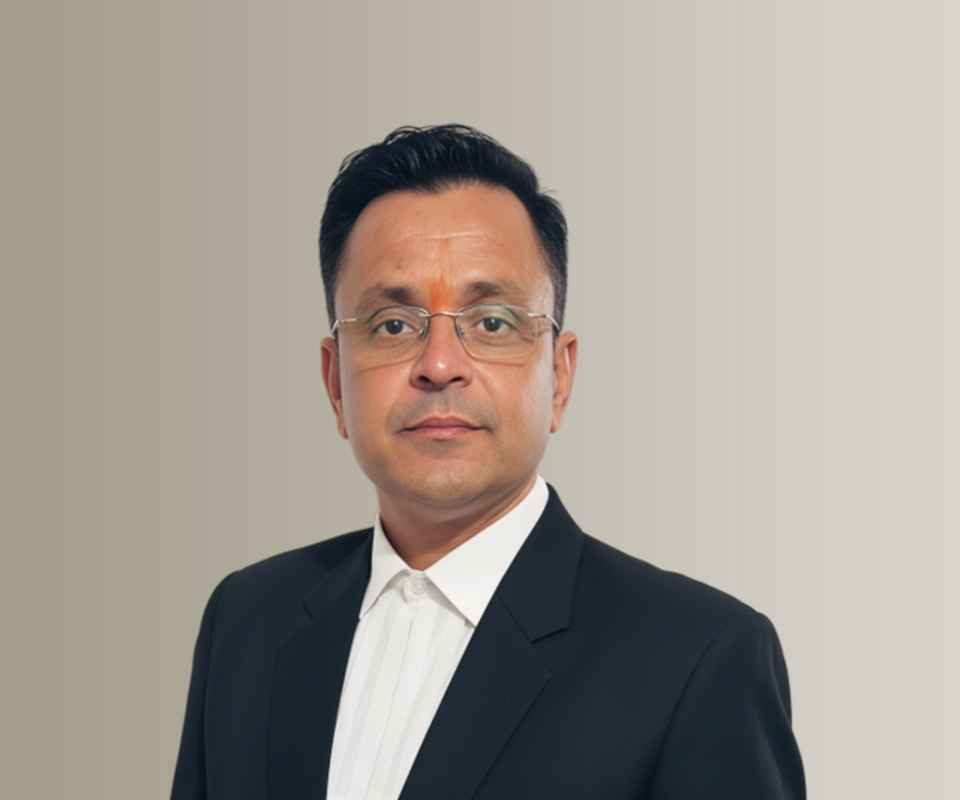Answer By law4u team
Yes, India has been involved in disputes before both the International Court of Justice (ICJ) and the World Trade Organization (WTO). Here is a detailed explanation: 1. India before the International Court of Justice (ICJ) The ICJ is the principal judicial organ of the United Nations, which settles legal disputes between countries. Key ICJ Cases Involving India: a) Kulbhushan Jadhav Case (India v. Pakistan, 2017) – Background: Kulbhushan Jadhav, an Indian national, was sentenced to death by a Pakistani military court on charges of espionage. – India’s Claim: Pakistan violated the Vienna Convention on Consular Relations by denying India consular access. – Outcome: In 2019, the ICJ ruled in favor of India, holding that Pakistan violated international law. It ordered Pakistan to grant consular access and review and reconsider the conviction. b) Right of Passage over Indian Territory (Portugal v. India, 1955) – Background: Portugal claimed a right of passage to its enclaves (Dadra and Nagar Haveli) through Indian territory after Indian independence. – Outcome: In 1960, the ICJ partially accepted Portugal’s claim for diplomatic and religious personnel, but rejected broader claims. India respected the judgment. 2. India before the World Trade Organization (WTO) The WTO provides a dispute settlement mechanism for resolving trade-related conflicts between member countries. Key WTO Cases Involving India: a) India – Solar Cells (2013) – Complainant: United States – Issue: India’s requirement that solar power developers use domestically manufactured solar cells was challenged as a violation of WTO’s non-discrimination rules. – Outcome: WTO ruled against India. India had to modify its solar policy to comply. b) India – Agricultural Import Restrictions (Poultry from USA, 2012) – Complainant: United States – Issue: India imposed a ban on U.S. poultry products citing bird flu. The U.S. challenged the ban as unscientific and trade-restrictive. – Outcome: WTO ruled against India, finding the ban inconsistent with SPS (Sanitary and Phytosanitary Measures) Agreement. c) India – Steel and Aluminum Tariffs (2020) – Respondent: United States – India challenged the U.S.’s imposition of tariffs on Indian steel and aluminum as inconsistent with WTO rules. – This is an ongoing issue involving multiple countries. d) India – Sugar Subsidies (2019) – Complainants: Brazil, Australia, and Guatemala – Issue: India was accused of providing subsidies to sugar producers and violating WTO limits on export subsidies. – Outcome: WTO ruled that India violated its obligations. India plans to appeal the decision. In summary: Yes, India has: – Participated in multiple WTO disputes, both as complainant and respondent, especially on trade, agriculture, and subsidies. – Appeared before the ICJ in landmark international law cases like the Kulbhushan Jadhav case and the Portugal passage case.









